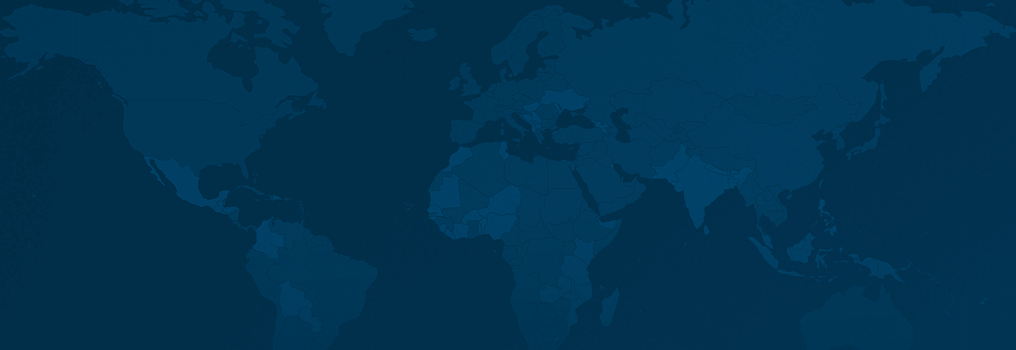


Burundi
Burundi has been in political and economic crisis since 2015. Democratic gains made after the 12-year civil war ended in 2005 have been undone by a shift toward authoritarian politics and violent repression against anyone perceived to oppose the ruling party.
Research & Recommendations
Burundi
| PR Political Rights | 4 40 |
| CL Civil Liberties | 10 60 |
Overview
Burundi has been in political and economic crisis since 2015. Democratic gains made after the 12-year civil war ended in 2005 have been undone by a shift toward authoritarian politics and violent repression against perceived opponents of the ruling party, the National Council for the Defense of Democracy–Forces for the Defense of Democracy (CNDD–FDD).
Democratic governments and donors must increase and sustain support for those working to defend and promote fundamental freedoms around the world. Failure to do so emboldens autocrats and can result in the loss of hard-won progress.
The events of the past year in places such as Nagorno-Karabakh and the Gaza Strip provided stark evidence that populations without self-determination are at greater risk of extreme human rights abuses or atrocities.
At least 40 countries are holding national-level elections in 2024, and many more will conduct other types of balloting. Free and fair elections are a cornerstone of any democracy, and independent and transparent electoral processes are necessary to foster genuine competition and public trust.




